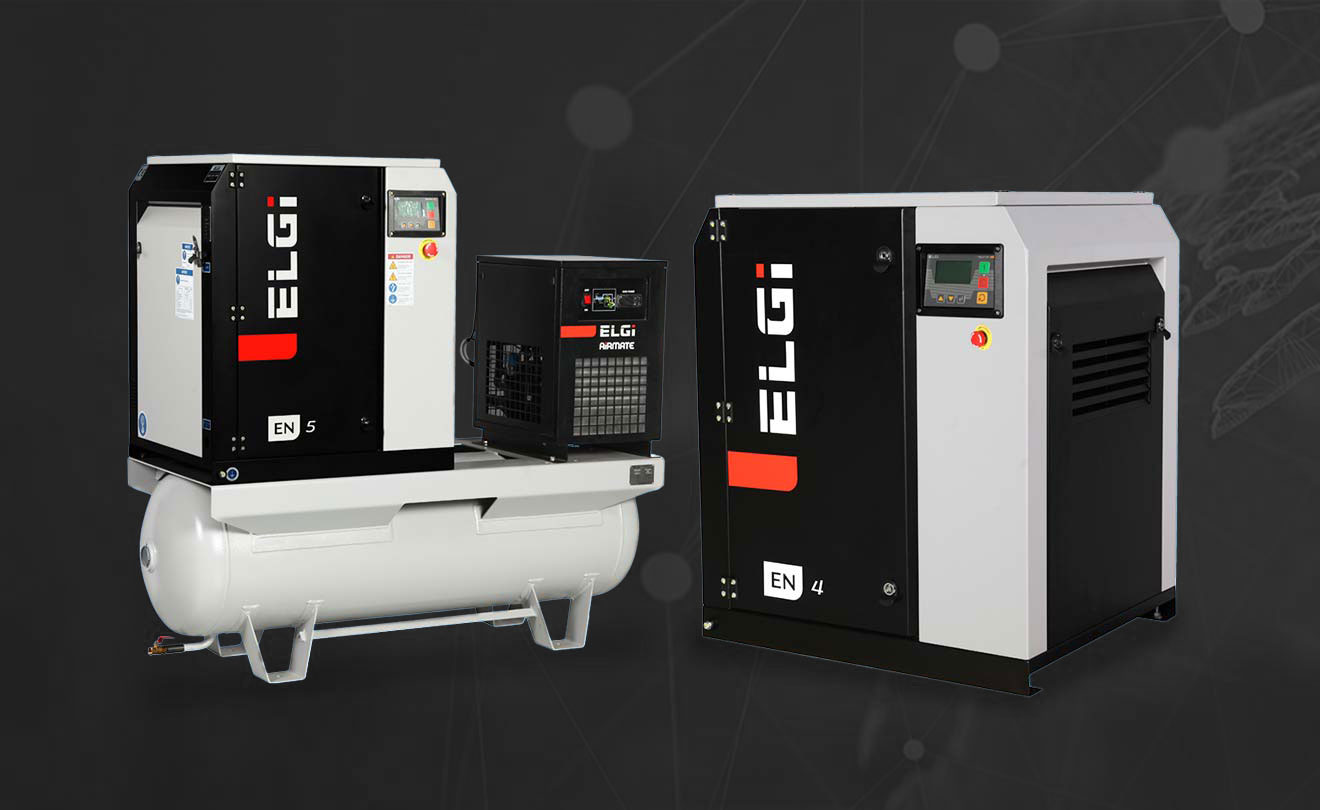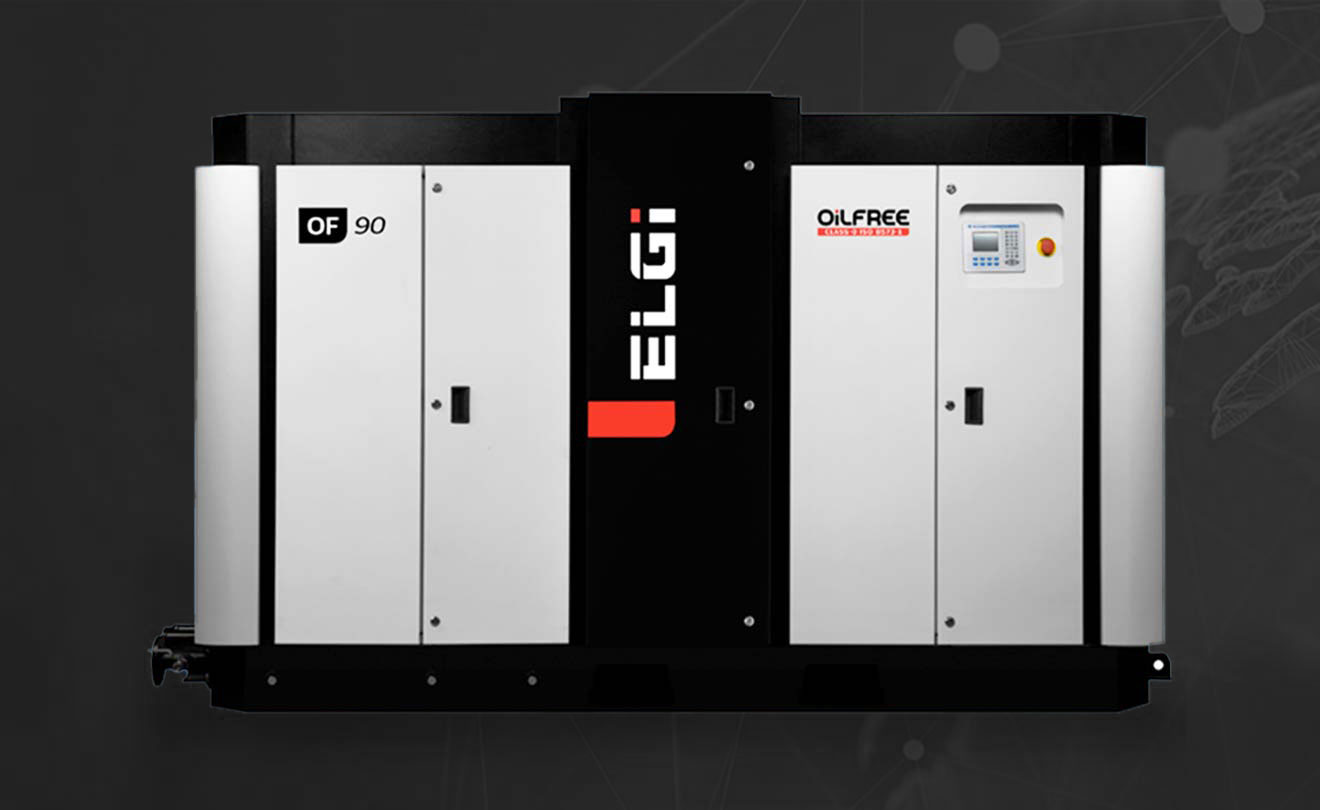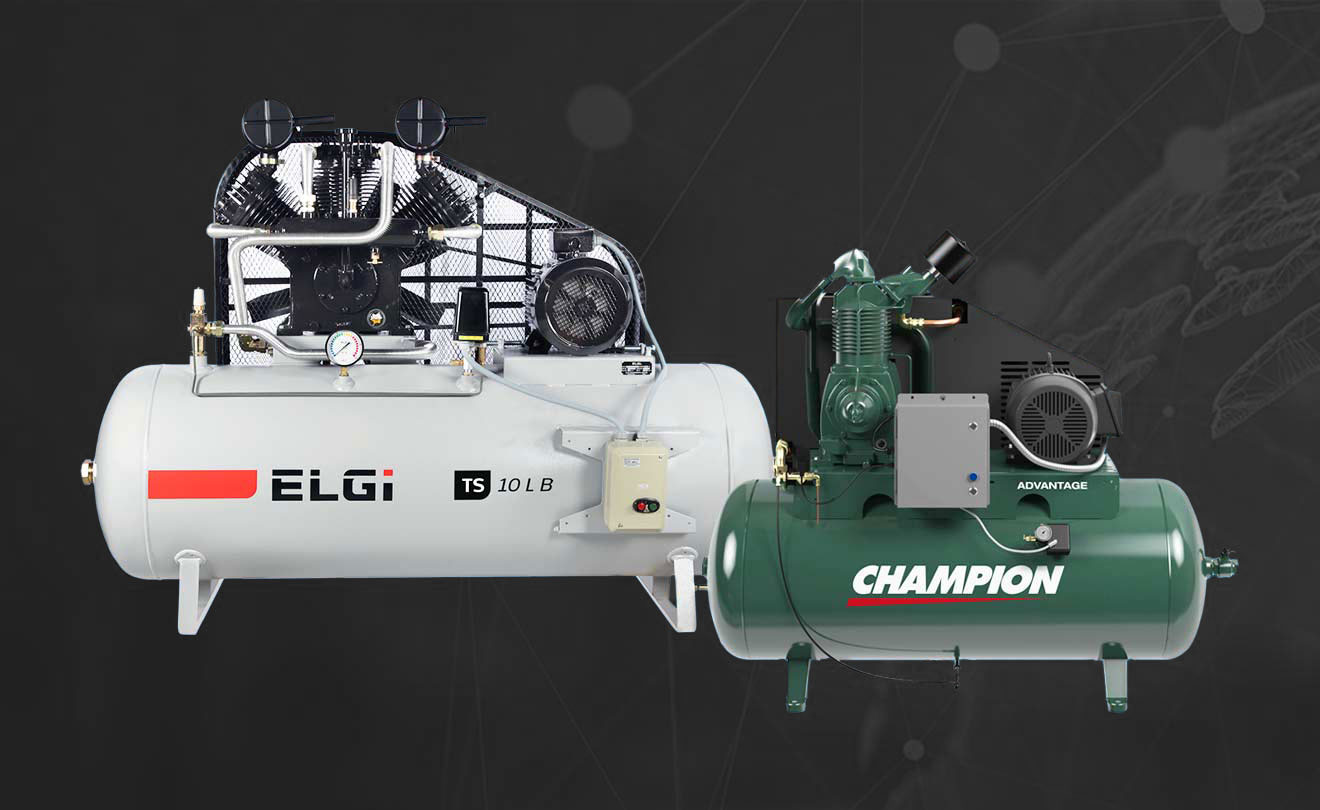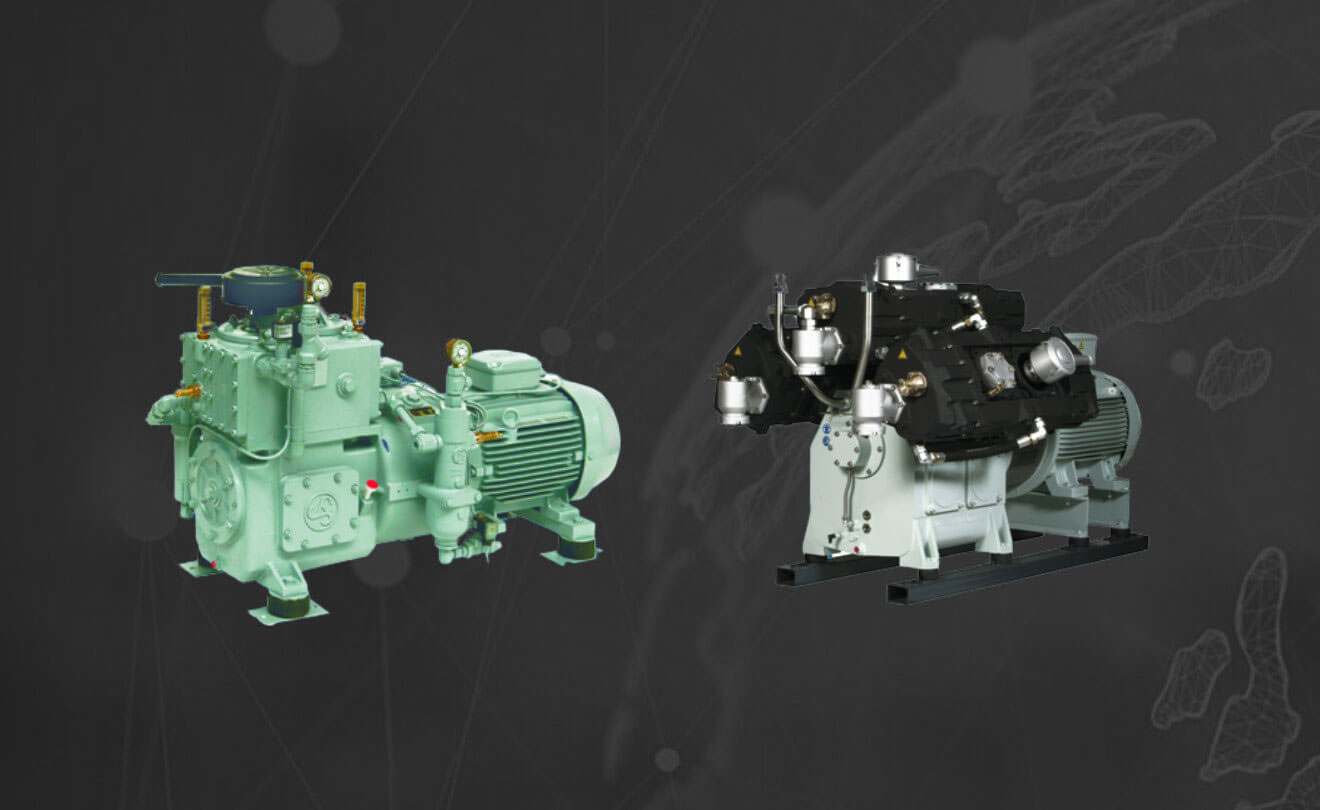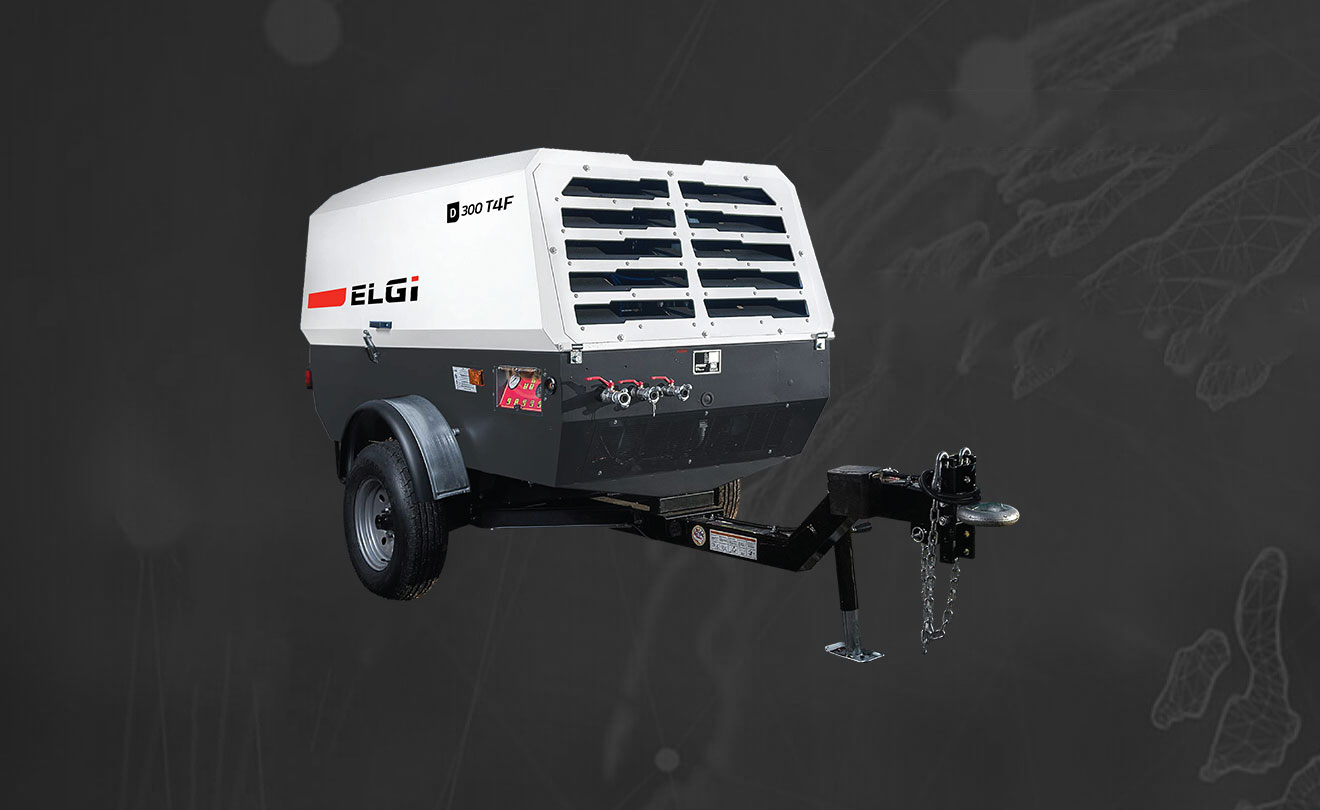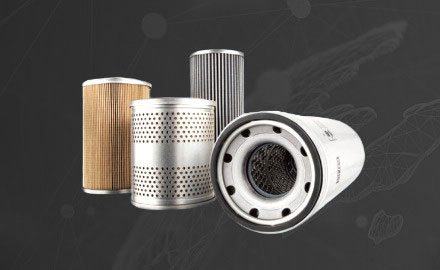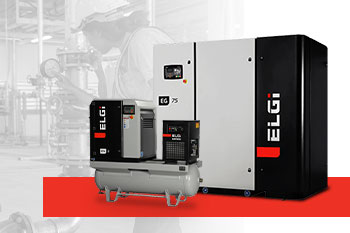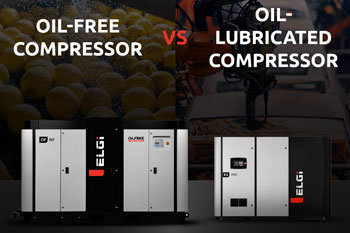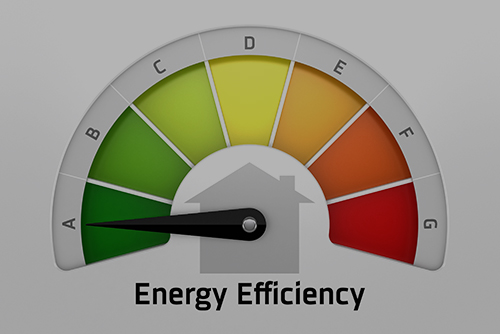Pattons is a leading air compressor supplier in the southeast USA. We have been catering to the air compressor needs of various industries for more than seven decades. As a leading supplier of compressed air systems, our wide array of Industrial air compressors are efficient, reliable, durable and technologically advanced and have low cost ownership. Buy industrial compressors from Pattons to ensure seamless operation of your production.
WHAT ARE THE DIFFERENT TYPES OF INDUSTRIAL AIR COMPRESSORS?
Our compressor range includes reciprocating compressors, oil lubricated compressors, oil free compressors, high pressure air compressors, and portable compressors. A complete range of air compressors from Pattons is designed to provide solutions to industries such as automotive, medical, food & beverage, furniture, textiles, aerospace, pharmaceutical, general manufacturing, and more.
Our experienced team of sales, parts, and service professionals has earned clients’ trust over the years. We provide professional, high quality assistance, which includes installation monitoring and maintenance and overall coverage with prompt response time for all your compressed air needs. Are you looking for an industrial air compressor for sale? Contact us.
ELGi’s electric lubricated rotary screw air compressors are designed with high reliability and low maintenance requirements, which are ideal for industrial applications where size, efficiency and cost matter.
View ProductsPattons carry oil free air compressors which will pave the way into industries such as medical, pharmaceutics, electronics and food production, where oil free air compressors have become the industry standard.
View ProductsPattons provide safe, reliable & high performing compressors which requires minimum maintenance to meet your demands of compressed air & these compressors are well suited for many applications.
View ProductsPattons provide wide array of most cost effective and reliable high pressure air compressors, with it’s unique feature promotes lower maintenance costs and improves unit longevity & reliability.
View ProductsPattons carrying wide range of portable air compressors that are always environmentally friendly & adhere to most of the international standards in terms of quality and processes. 90-425 cfm available.
View ProductsPattons offers a comprehensive source of OEM quality parts for all major brands of air compressors at a reasonable price. Choose genuine accessories and parts to protect compressors from unplanned downtime.
Find PartsHow to select your industrial air compressor?
Before selecting an air compressor for your industrial needs, there are several factors that you need to consider. Determine the air demand of your industrial application and familiarise yourself with the different types of industrial air compressors available. The different types of compressors available include reciprocating compressors, rotary screw compressors, oil free compressors, and portable compressors. Each type has its advantages and is suited for different applications. Different industrial applications might require specific air quality standards for that industry usage. So air quality is also an important factor to consider. If you need assistance selecting an air compressor, get professional guidance from our air compressor experts, who are readily available to help you out. Contact us
Find your Pattons Air Compressors Distributor in Southeast USA:
A dedicated team of experts is committed to making sure that you get the most reliable and efficient compressed air system. With extensive industrial knowledge we offer an extensive distributor network to offer reliable service to our customers, ensuring we meet your specific needs. With Pattons as your compressed air partner you can stay in peace and keep your business running smoothly.
Pattons air compressors are available in the five southeast states of the USA. Contact our air compressor experts in Virginia, Alabama, Georgia , South Carolina, and North Carolina.
A continuous supply of industrial air is highly essential to keep the production running. So, choosing the right air compressor that matches your requirement is very important. When it comes to keeping your business running at its best, our service & products bring a quality you can trust. Our continuous effort is to help companies maximize operational efficiency, profitability & reduce the cost of equipment ownership. Pattons has: an expertise to identify the customer requirements & give the best solutions to them. If your are not clear about your requirement, our engineers can help you find the most reliable, precise, and energy-efficient compressed air solution for your industry.

From seven main Southeast locations and additional remote service satellite locations, our highly trained, experienced team of sales, parts and service professionals provide the best overall coverage with prompt response times and exceptional customer service.
- 70 years of expertise
- Over 20,000 satisfied customers
- 24/7 service support
- Multi brand OEM parts and service support
- Over 60 service technicians available 24/7
- End to end industrial products and solutions
- 14 field sales system specialists
- Plant compressed air energy audit team
- Quality products and world class service with focus on sustainability and energy efficiency
FREQUENTLY ASKED QUESTIONS
Air compressor is a mechanical device that features a powerful electric motor or engine that forces air into a steel storage tank then releases that air in a powerful stream capable of powering pneumatic tools.
When the air is compressed, its volume decreases whereas the pressure increases. The energy contained in compressed air can be used for a variety of applications such as air in the tires of bike and cars, cleaning the places, painting vehicles, spraying crops & many more, also compressed air used for powerful air tools used in construction sites, automotive industry, garages and other industrial works.
The application of compressed air goes much beyond the factory floor. A variety of industries running day-to-day operations via air-powered tools. From small business to large scale industrial applications, compressed air plays an important role for running a business efficiently & used as a powering equipment by many industries.
Air compressors can be grouped into three different grades.
Consumer-Grade
- Made for smaller, household air applications
- Ideal for inflating sporting goods, toys, tires, etc
- Intended to operate less powerful air tools such as brad guns and staplers
Contractor-Grade
- Constructed to stand up to the rugged demands of a worksite
- Intended for professional building applications
- Designed for portable use, including handheld units or as attachments to wheeled carts or work vehicles
- Can be utilized for multiple purposes, especially powering nail guns and roadside repair tools
Commercial-Grade Air
- Built to deliver a steady supply of compressed air all day, every day
- Feature advanced technology to deliver superior performance
- Designed for heavy-duty applications including auto-body shops, manufacturing facilities and powering roller coasters and oil-rig machinery
Air compressor for industries:
Compressed air plays a vital role in a lot of industries to operate tools and many other instruments. From small manufacturing workshops to many manufacturing companies consider compressed air is an important need for their production & other essential operations. Based on their design and function Industrial compressors are classified into reciprocating air compressors, screw air compressors, portable air compressors and more.
By keeping oil out of the air stream and maintaining high-temperature compression, oil-free air compressors help food and beverage manufacturers minimize microbial content and the risks of food contamination.
By keeping oil out of the air stream, oil-free air compressors help pharmaceutical manufacturers maintain product and air sterility and guard against contamination.
Regardless of the size of your textile production facility, Rotary screw air compressors are the best choice for providing compressed air in a wide range of applications, including:
- Power looms
- Denim-spinning or medium-size PFY plants
- Product filling, packaging and bottling
- Large integrated facilities
- Texturing units
By keeping oil out of the air stream, Oil-free air compressors help prevent the risk of contamination. Regardless of the size of your facility, oil-free air compressors are the best choice for providing contaminant-free compressed air in a wide range of applications, including:
- Surface preparation
- Spray painting
- Paint baths
- Robotic operations
- Water-based paints and silicones
- Collision repair
- Tire inflation
- Cutting and welding
- Product finishing
Regardless of what you manufacture or the size of your facility, most industries rely on compressed air systems that meet these requirements that can reduce the cost of equipment ownership and maximise operational efficiency and profitability.
Step 1: Check your air tool’s owner’s manual to determine:
- Its forced air requirement, measured in pounds per square inch (psi)
- Its volume requirement, measured in cubic feet per minute (cfm)
Step 2: Check the compressor’s owner’s manual for its cfm rating:
- Most compressors list their cfm as either 90 psi or 120 psi — this should be enough for occasional use or tools that work with frequent air bursts, like nail guns and staple guns
- Your compressor must deliver no less than the maximum cfm specified by your air tool’s owner’s manual
If your tools require significantly less or more than the displayed psi:
- Check the compressor manual for a complete list of the cfms the compressor delivers at different PSI
Increase the CFM requirement when using:
- Air tools frequently
- Multiple tools simultaneously
- “Constant use” tools like random orbit sanders
How to power several different pneumatic tools:
- Use the tool with the highest forced air requirement (psi)
How to power several different tools simultaneously on the same compressor:
- Add up the total of each tools’ force air requirement
Example: To run a 4 cfm @ 90 psi air gun AND a 5 cfm @ 90 psi sander, your compressor must produce at least 9 cfm @ 90 psi
Any further questions? Please explore our FAQ page.
